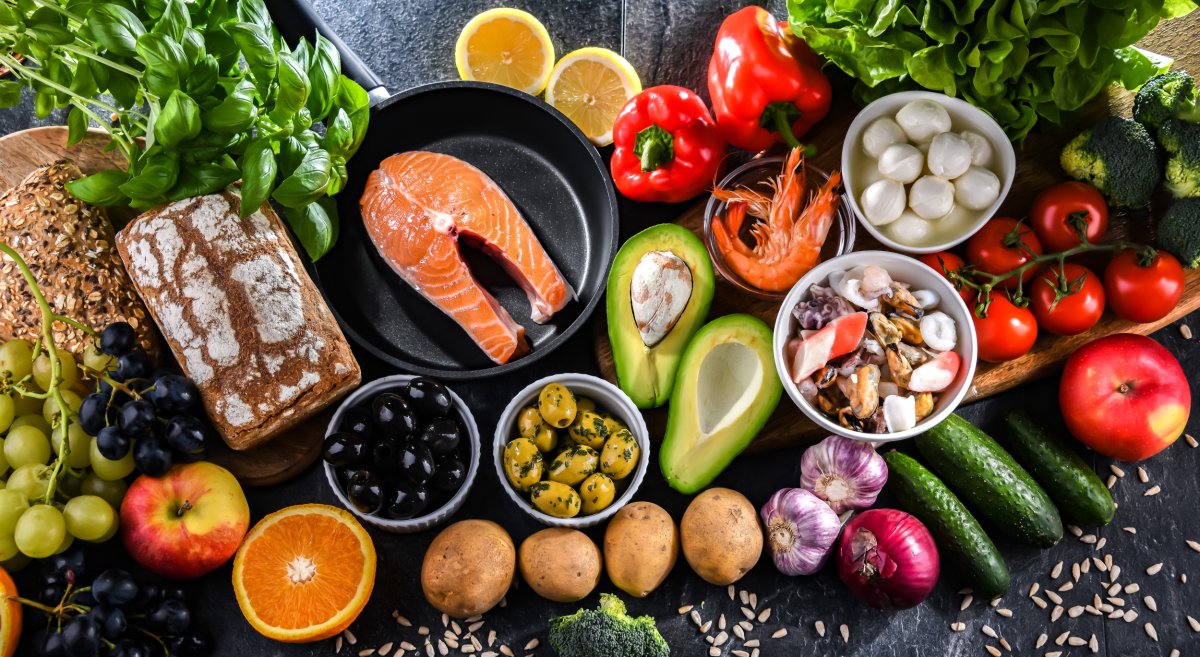Scientists have discovered links between brain activity and the choices we make about what we eat.
In a new study, researchers at Queen's University at Kingston in Ontario, Canada, examined patterns of activity across the whole brain to identify neurological differences that affect our ability to make healthy dietary choices.
They found connections between body mass index (BMI) and the brain states necessary to achieve a goal, such as eating healthy foods.
For the study, the researchers analyzed data from three functional MRI studies involving 123 participants who made food choices under varying conditions. For example, they were asked to assess the tastiness and healthiness of a food.
The team then compared the participants' brain activity patterns when they chose what foods they would normally prefer, with the patterns that arose when they were told to focus on health.
According to the findings, published in the journal PNAS, those who were better able to regulate their dietary choices required relatively small shifts in brain states to achieve their goal. The results showed that this relationship was highly apparent in individuals with low BMI.
However, participants with a high BMI could not rely on this mechanism and required larger shifts in brain activity to make healthy food choices.

The findings provide insight into how the brain integrates variables affecting dietary control. Requiring more or fewer reconfigurations of large-scale brain patterns to influence behaviours might explain why some people struggle with dietary control in their daily life, while others do not.
Previous neuroimaging studies have identified individual brain regions associated with diet regulation.
In a 2020 study published in Science Advances, researchers at Johns Hopkins University highlighted that a specific brain region called the ventral pallidum is related to the preference for different food options.
By targeting neurons in that part of the brain in mice, they were able to shift food choice preferences from a more desired reward—like cake—to a less tasty one.
Researchers have also found that our ability to exercise self-control when it comes to food is linked to our neurobiology.
A study, published in the Journal of Neuroscience in 2018, found participants with more grey matter volume in two brain regions displayed more discipline in their food choices by placing greater importance on the healthfulness of food items when asked to focus on health.
Do you have a tip on a science story that Newsweek should be covering? Do you have a question about nutrition? Let us know via science@newsweek.com.
Uncommon Knowledge
Newsweek is committed to challenging conventional wisdom and finding connections in the search for common ground.
Newsweek is committed to challenging conventional wisdom and finding connections in the search for common ground.
About the writer
To read how Newsweek uses AI as a newsroom tool, Click here.








